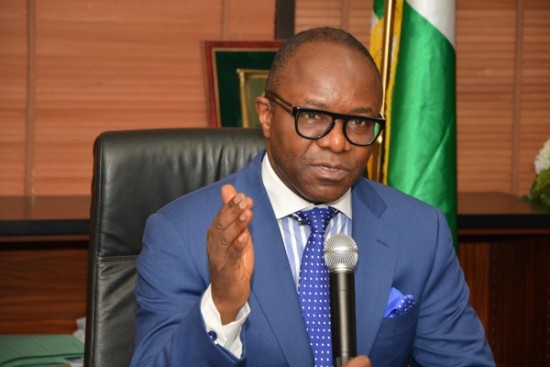The Minister of State for Petroleum Resources, Dr. Ibe Kachikwu, has said that the reforms embarked upon by the government are targeted at cutting petroleum products’ importation by at least 60 per cent by 2018 and thereafter position the country for net export by 2019.
The minister, who said this in Lagos on Monday at the 10th Oil Trading and Logistics Africa Downstream Expo, stressed the need to fully liberalise and deregulate the midstream and downstream sub-sectors such that the open market prices of petroleum products would be cost-reflective and market-driven.
Represented by his Senior Technical Adviser on Upstream and Gas, Gbite Adeniji, the minister highlighted the need to build refineries and run them as profit centres that would purchase crude at international prices and deliver products at export parity prices, saying, “This is the only viable basis for financing new infrastructure.
“Perhaps, the most important part of reforms in the midstream and downstream sub-sectors is creating a profitable products-to-market system for Nigeria and removing hindrances and bottlenecks through incentives and regulatory frameworks.”
According to Kachikwu, a key priority area in the road map for the oil industry is increase in local refining production capacity through the implementation of modular refineries and co-location.
He said the target “is to ensure that petroleum products importation is reduced by at least 60 per cent by 2018, and thereafter position Nigeria for net export by 2019”.
He stressed the need for a strong independent regulator to superintend activities in the sub-sector, “whose role is not price-setting but to develop and enforce open, fair and transparent rules in the downstream oil and gas sector.”
He added, “This ensures that pricing will be conducted on a market-derived basis. We need to establish an oil and gas infrastructure protection squad, with the responsibility for dealing with crude and products theft, vandalism and general criminality, which is currently on an upsurge in the entire industry.”
Copyright Ships & Ports Ltd. Permission to use quotations from this article is granted subject to appropriate credit given to www.shipsandports.com.ng as the source.

